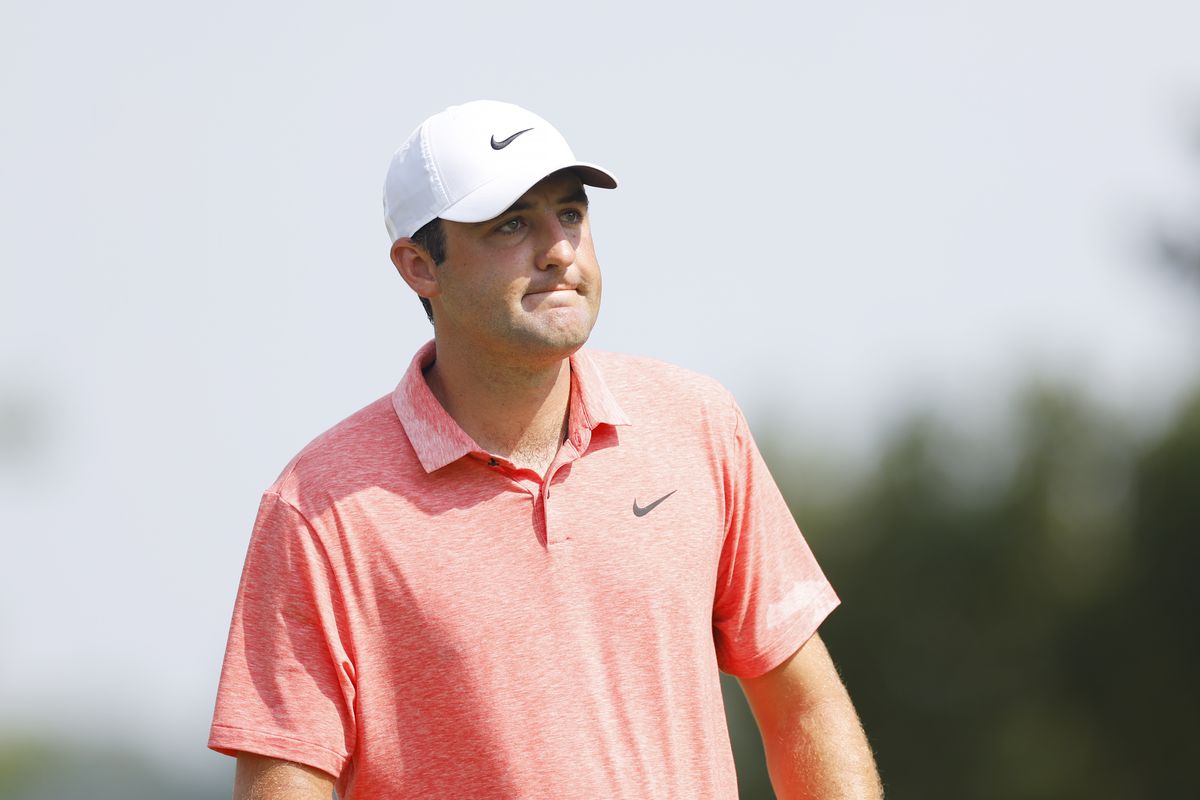Following nearly a full day of deliberations, which began on Wednesday and concluded on Thursday, the jury in the federal class-action lawsuit against the National Football League and all 32 member teams involving the “Sunday Ticket” service returned with a verdict against the league.
And it is a verdict with a lot of zeros.
The jury found that the NFL and the league’s member teams violated federal antitrust law regarding the “Sunday Ticket” package on DirecTV, which required out-of-market fans to purchase the service if they wanted to see their favorite teams play.
The jury returned a verdict in favor of both classes of plaintiffs on Thursday. With respect to the commercial class of plaintiffs — which represented bars, restaurants, and taverns that purchased “Sunday Ticket” as a means of attracting customers on NFL Sundays — the NFL and the member teams were ordered to pay $96 million in damages.
Regarding the residential class of plaintiffs — individuals who purchased the “Sunday Ticket” package for use at home — the NFL and the member teams were ordered to pay $4.7 billion in damages.
Under federal antitrust laws, that damage amount is tripled, meaning the NFL is on the hook for over $14 billion in damages.
Both classes of plaintiffs, through counsel, alleged a “conspiracy” of sorts which resulted in higher prices paid by consumers. First, that the teams have agreed not to compete with each other when it comes to producing telecasts of their games, instead conveying those rights to the league, and giving the NFL “exclusive” rights to enter into broadcast agreements.
Next, the Plaintiffs allege that the NFL has entered into agreements with broadcast partners — specifically CBS and FOX — to create a “single telecast” for every Sunday afternoon NFL game. Under the agreement, according to Plaintiffs’ theory of the case, those networks are given the “exclusive” right to broadcast a limited number of games free and “over-the-air.”
The third pillar of the conspiracy, according to Plaintiffs’, is that the league then exclusively (there is that word again) licenses to DirecTV the copyrights of those telecasts, which DirecTV then bundles into NFL Sunday Ticket. This means that out-of-market fans who want to watch their favorite teams play are forced into buying the “premium offering” of NFL Sunday Ticket.
The result, according to Plaintiffs? DirecTV was able to “charge supracompetitive prices for Sunday Ticket because fans unwilling to pay for Sunday Ticket cannot, for example, purchase out-of-market games individually or by team.” Plaintiffs assert that absent this agreement — or “conspiracy” as they term it — fans would be able to access all NFL games at “lower prices.”
In a statement, the NFL indicated that they will be appealing the decision:
What might this mean for the league and its fans?
Beyond the dollar amount, which will drive the headlines, many analysts and experts theorize that this decision paves the way for single-team packages. For example, the residential class of plaintiffs, who were purchasing “Sunday Ticket” for use at home, were often fans of an out-of-market NFL team. As an example, consider a New England Patriots fan living in the Baltimore, Maryland market. The only way to watch most Patriots games is to purchase “Sunday Ticket.”
Now, that fan might theoretically have access to a “Patriots Package” as part of “Sunday Ticket.”
For the commercial plaintiffs, this could open the door to a competitive service along with “Sunday Ticket,” which could allow those establishments to pay lower prices to view broadcasts of every NFL game.
There will be more to come on this matter, including the league’s appeal and any post-trial motions, in the days and weeks to come.
